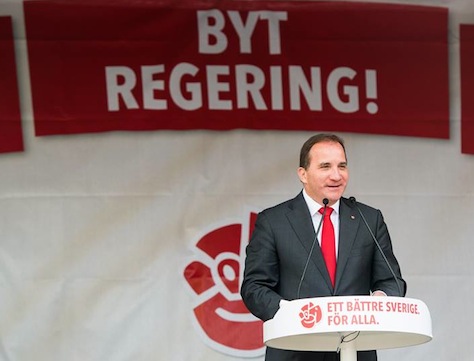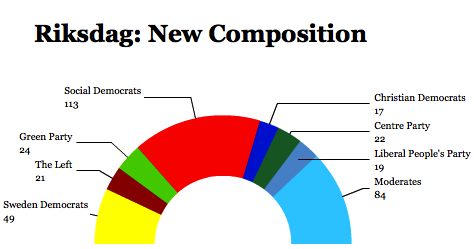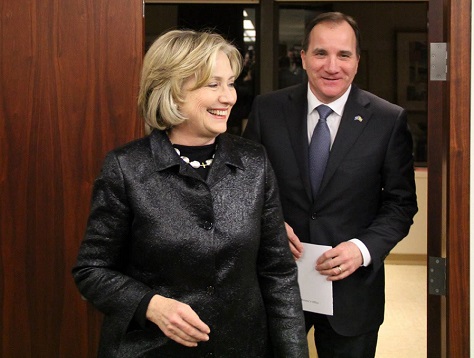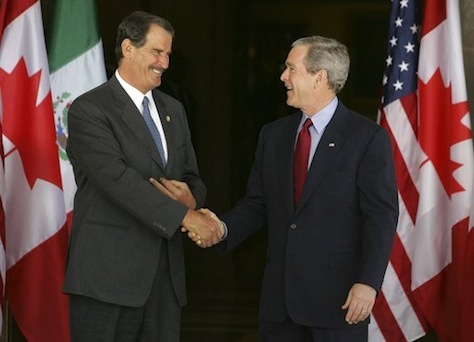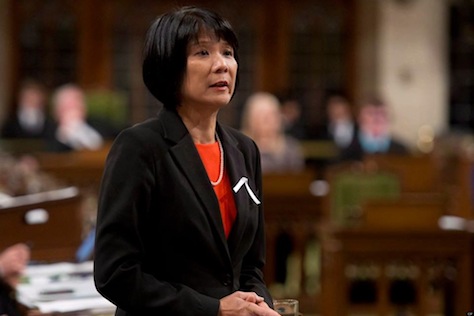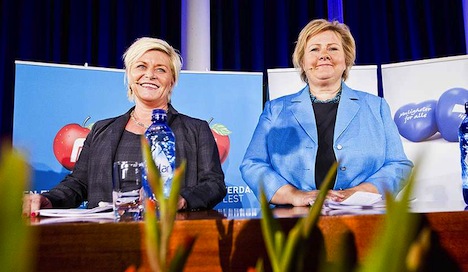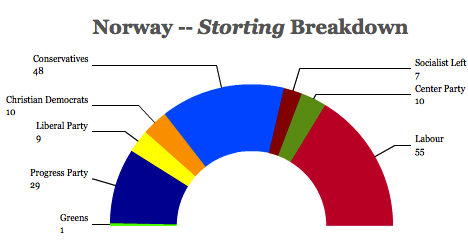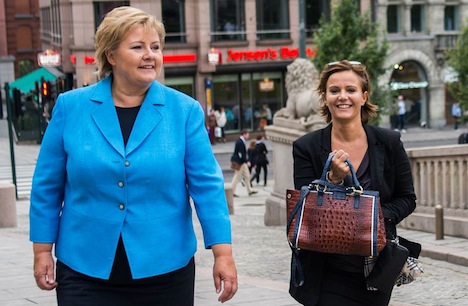He’s one of the most charismatic characters in British politics, and it’s difficult to imagine much of a future for the eurosceptic United Kingdom Independence Party (UKIP) with him leading it.![]()
Nevertheless, Nigel Farage, the investment-banker-turned-beer-swilling-bloke-next-door, has pledged to stand down as UKIP’s leader if he fails to win election to the House of Commons on May 7 from the constituency of South Thanet. At best, some polls give Farage a slight lead; many other polls, however, suggest Farage is locked in a three-way fight with his Conservative and Labour challengers. The race to win South Thanet, a constituency in the southeastern corner of England in Kent, has kept the UKIP leader focused on winning his own high-stakes contest instead of zipping throughout the country to bolster the party’s chances nationally.
Farage, who is also a member of the European Parliament, is unlikely to fade away, even if he loses. He presumably remain a colorful presence in British and European politics, especially if prime minister David Cameron wins a second term and holds a referendum on the country’s membership in the European Union in 2017.
* * * * *
RELATED: Why England needs a series of regional parliaments
RELATED: UKIP’s Farage is winning the British debate on Europe
* * * * *
But Farage’s loss would highlight the shrinking fortunes of UKIP, just a year after it won more votes in the European parliamentary elections than any other party as British voters lodged protest votes over growing EU influence. Farage, in the afterglow of his unprecedented victory, hoped to ride a populist wave into 2015 on a platform that questions the value of the country’s membership in the European Union, restricts growing immigration to the United Kingdom, and rebalances a constitutional structure that’s left England, as a region, out of the devolution trend that’s given Scotland, Wales and Northern Ireland more regional control.
It’s hard not to like Farage when he’s lined up in a room with Conservative prime minister David Cameron, Labour leader Ed Miliband and Liberal Democratic deputy prime minister Nick Clegg. He’s got swagger and charisma in droves. He’s never far from being photographed in a pub sipping on a pint of beer, and he’s one of the most talented politicians in the United Kingdom. For all the nastiness of UKIP’s fringes, a party that Cameron once dismissed as ‘fruitcakes, loonies and closet racists,’ Farage and his merry band of ‘Kippers’ make a compelling case with respect to both the European Union and English nationalism. Continue reading Farage’s future hinges on South Thanet win

